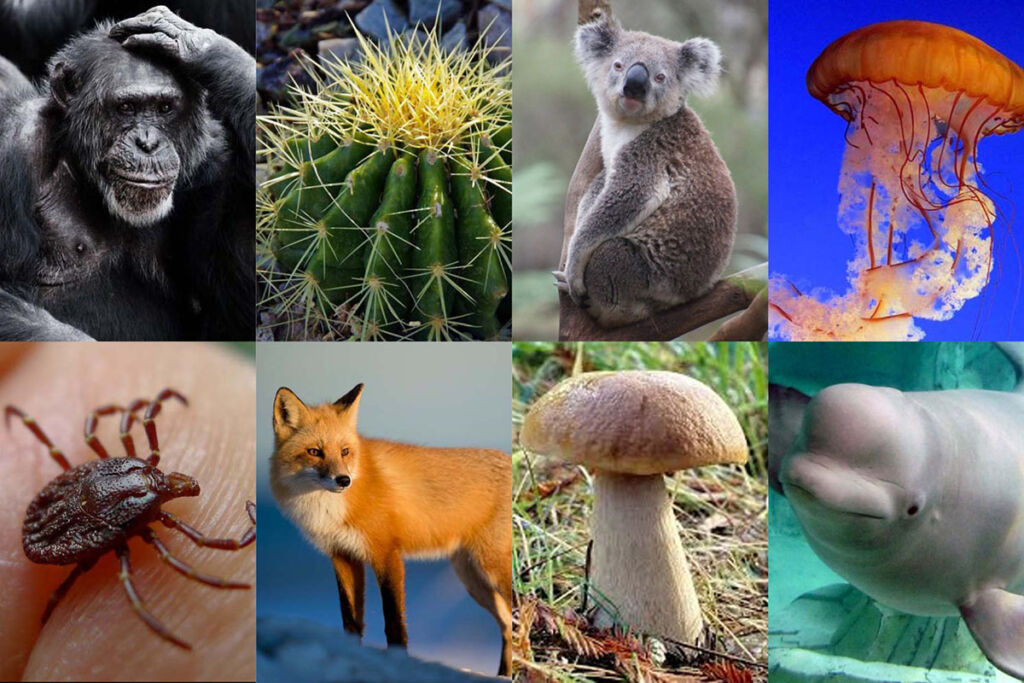[LUM#14] Far from the genes, far from the heart
Which species elicit the most empathy and compassion from us, and why? This is the question posed by Michel Raymond, a biologist atthe Institute of Evolutionary Sciences in Montpellier (ISEM).

Turtle or squirrel, which would you save if they were in mortal danger? Jellyfish or cactus, which do you feel closer to? Michel Raymond and his colleagues at the National Museum of Natural History asked these questions to nearly 3,500 "judges," who each examined 20 pairs of photographs of animals or plants. The goal? "To determine how our ability to empathize with other organisms and feel compassion for them varies from one species to another," explains theISEM researcher, whose study was published in Scientific Reports.
Phylogenetic distance
Why do we choose to save the squirrel rather than the turtle? Are we sensitive to its beauty? Its size? Its vulnerability? No, according to this research, what determines our compassion or empathy for the living beings presented to us is the phylogenetic distance that separates us. "The emotional map of the living world thus constructed shows that the further an organism is from us in evolutionary terms, the less we recognize ourselves in it and the less we are moved by its fate, " explains Michel Raymond.
When a species is evolutionarily close to us, such as the great apes, we share characteristics with it, particularly physical ones, which have been gradually acquired during our shared evolution. "And we can more easily recognize it as an alter ego and adopt the same prosocial behaviors toward it as we do toward our fellow humans."
Alter ego
On the podium of our emotions, we logically find the great apes: orangutans, gorillas, and chimpanzees, which best awaken our empathy and compassion. The volunteers who participated in the study even directed these feelings more towards orangutans than towards humans, who were also among the species presented. Conversely, at the bottom of the list of "unloved" creatures are cacti, mushrooms, jellyfish, and ticks. "The latter breaks all negative records!" says Michel Raymond.
Results that, for researchers , "invite us to consider the influence of our sensory and emotional biases on social issues involving our relationship with the rest of the living world."
Empathy or compassion?
If empathy corresponds to our ability to intuitively perceive the emotions and mental states of others, compassion refers to a feeling induced by the suffering of others, associated with a selfless desire to remedy it.
Find UM podcasts now available on your favorite platform (Spotify, Deezer, Apple Podcasts, Amazon Music, etc.).